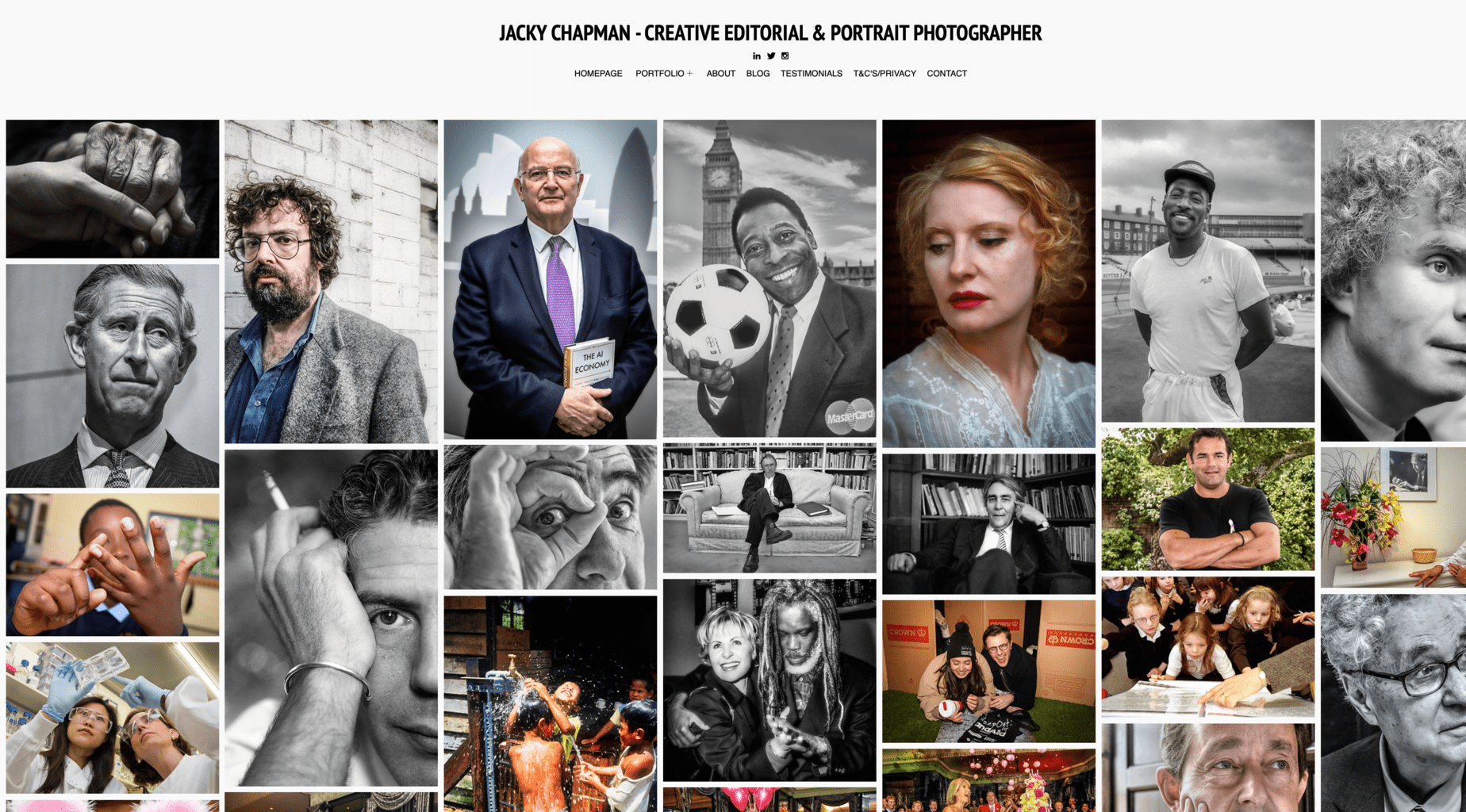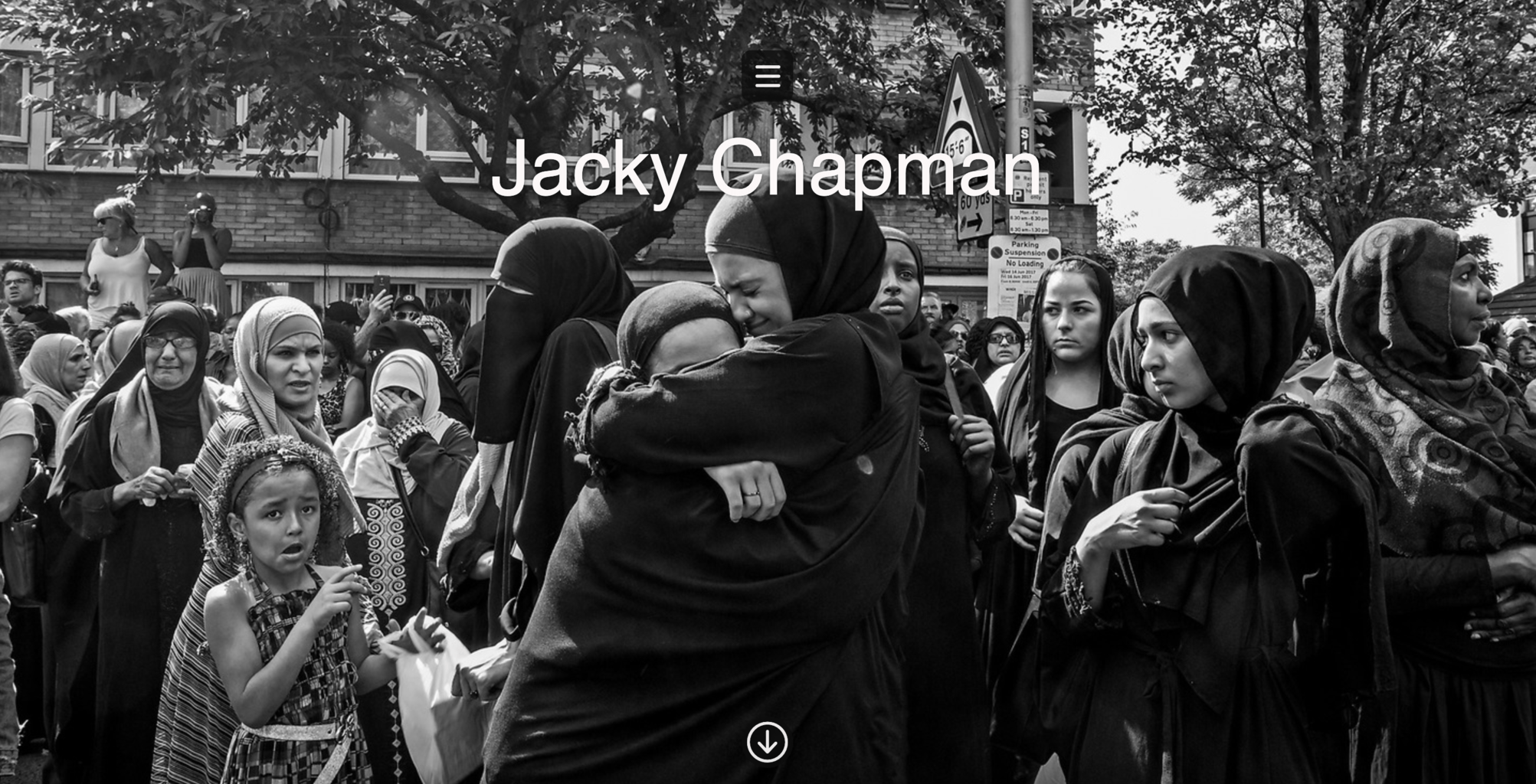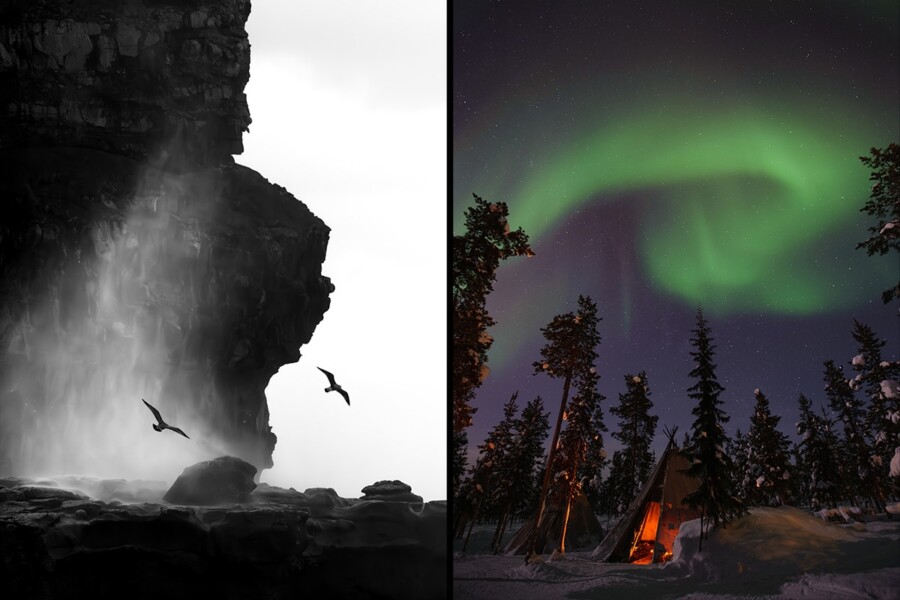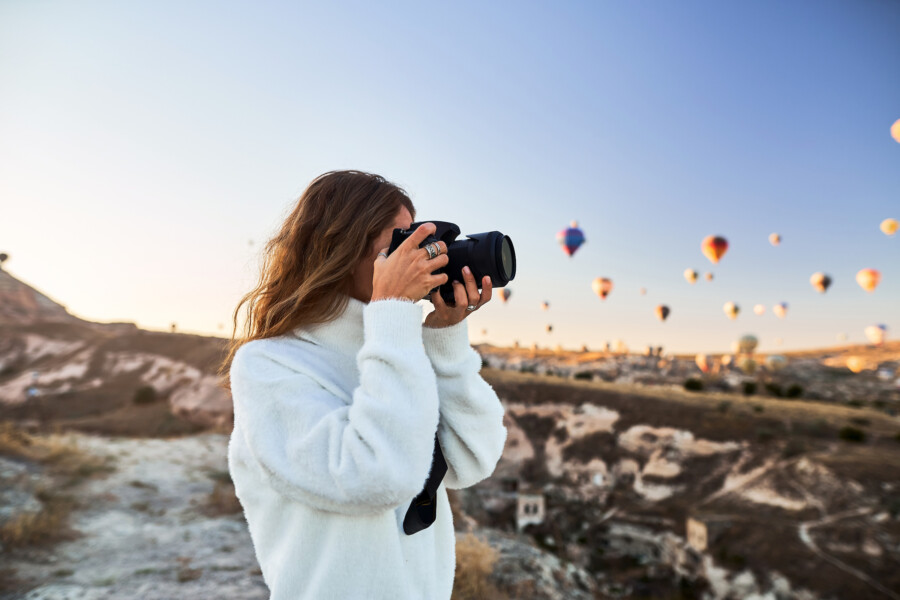Share
How a Chance Photography Mentorship Gave Two UK-Based Photographers Purpose During COVID-19
Photography mentorship is an investment in yourself and the entire photography industry. It’s an opportunity to network, learn new skills and get...
Photography mentorship is an investment in yourself and the entire photography industry. It’s an opportunity to network, learn new skills and get one-on-one advice or help. Over the last year, with so many photographers feeling isolated and lost both artistically and with their businesses, mentorship gained popularity as a means of connection.
Here at PhotoShelter, countless photographers have told us they wouldn’t be where they are in their careers without mentorship. That left us wondering, though, what is mentorship? What might it not be? How does a photographer seeking a mentor find one?
We wanted to explore that more this year, so in March 2021 we launched the first-ever PhotoShelter Mentorship Program.
For six weeks, we worked alongside 40 PhotoShelter members (20 mentor/mentee pairs) and discussed everything from business basics to websites to breaking into a new market. We brought in photographer and photo editor guest speakers to hear their advice, and held open discussions with personalized Q&As. We supported one another and gave honest and open feedback about websites, portfolios and contract terms. It was an incredibly rewarding experience for everyone.
But don’t just take our word for it. Below, one mentor and mentee pair are sharing their unique story. They’re outlining what they focused on, how each feels they benefited and their advice for how to make the best of a photography mentorship opportunity. Plus, they’re taking over our Instagram this week to share their work and pull back the curtain on their mentorship relationship.
Both based in the UK, proud visual storyteller Chris Parkes immediately gravitated toward his mentee, photojournalist and fellow visual storyteller Jacky Chapman. Developing great rapport throughout the six-week pilot program, they’ve become fast friends.
After hitting it off right away and feeling reinvigorated after a long and lonely pandemic, Chris and Jacky got straight to work.
Cover image by PhotoShelter mentor and award-winning visual storyteller Chris Parkes.
The importance of structure
It was very important to Chris that they have structured sessions and outline Jacky’s goals. Jacky admits she primarily needed help focusing. “I think structure is really important. It’s a bit like going to therapy,” he jokes. As someone with so much experience doing so many different types of photography, Jacky was feeling a bit lost. “I’ve been doing lots and lots of jobs. I didn’t really know what I was doing with my PhotoShelter website, so it became a dumping ground for all my work. It didn’t matter if I was photographing a protest or doing portraits or doing corporate work, it was all just being added to my site,” she told us.
She went on, “I’d get messages from people saying they didn’t really know what I do. I’d say I can do everything, but then they’d say ‘Well, we really want to know that you can do x well.’ It wasn’t until I talked to Chris that I realized that ultimately, when you break it down, I’m a storyteller. So it doesn’t matter whether I’m working with companies or photographing protests, it’s all storytelling.”
Getting personal
Before diving into the details of her site and portfolio, Chris needed to get to know Jacky on a personal level, not just as a photographer. What were her passions in life? Where was she coming from? Where did she hope to go? What are the things she’s most proud of?
“Once I knew a bit more about Jacky’s background, I instantly knew I could help as a mentor. I could totally see why she felt so stuck,” Chris says. “I think it’s really important to have that gut response as a mentor. You have to know that you can help. You have to really feel their work.”
I’m just so grateful that he chose me as his mentee. For the program, I didn’t choose him, it was the other way around. He could see that we had a lot in common. I think he could probably see how he could help me and I couldn’t see that myself. I was too busy trying to do everything.
Jacky Chapman, mentee
From then on, things just started to organically fall into place.
The Marie Kondo approach to photography
“What really helped was starting with the presentation of the work. Going into her website and basically Marie Kondoing it. I’d ask her if an image was aligned with who she is and how she wants to be perceived? And if it’s not, it goes.” He jokes that a few times Jacky was really attached to images and he found that to be a great teachable moment whereby he’d advise her to put it in her back-end archive. It didn’t need to go away completely, but it didn’t serve her on her site. “Once she realized that, she really got into the process: all of her natural abilities as a storyteller and journalist started to show through.”
“Within seconds he knew what had to go and what didn’t. ‘We don’t have to get rid of it, we just have to retire it,’ he’d say. I think within the first meeting we had on Zoom we changed the template and immediately it looked better. I could hardly believe my work could look that good!” Jacky told us.
Once he saw how much editing needed to be done with the site, Chris chose to primarily focus their time on that. “Our websites should be good reflections of where we are personally and professionally. We needed to go through the process of untangling her website. She soon realized that in wanting to please everybody she wasn’t showing her truest self. I encouraged her. I’d say, ‘Jacky you very much know who you are. Trust the process.’”
Website Transformation


It was through that review process that Chris saw the real Jacky shining through. It became clear that looking over older work would be incredibly important in her journey of rediscovery. The pair ended up going into her PhotoShelter archive and pulling things out. “I’d ask her to tell me about a project and the story behind it. Through that she really committed to her aesthetic.” Chris went on, “I really helped her recognize her own common threads.”
That review process also became the foundation for the strong bond they ended up developing. They’d have conversations over coffee while moving images around and discussing the reasoning behind the changes. Chris compared those conversations to “going to a paint party with a friend you’re trying to help.”
The road ahead
The six-week PhotoShelter program may be over, but both agree their mentorship relationship will continue far beyond the allotted time.
Next up? Chris is helping Jacky with her editing processes and workflow – how to get more out of camera raw, how to use Lightroom. In one of their earlier conversations, Jacky shared that she has always edited in Photoshop, which Chris feels is far too time-consuming for large batches of photos. “I really want to help her through the process of leaning into the drama with her black and white narratives,” he says.
He’ll also continue to work on Jacky’s confidence building. “I tell her all the time, ‘You’re really good. You need to believe in yourself.’ Nurturing her confidence has been a very important part of the process. And it was through redoing the website and going through her work that we got into those little vulnerable spaces. That gave her the confidence to say ‘You know what? I’ve actually got this.’ ”
I would say that anyone wanting to be a mentor has to come from a very nurturing place. That was the major unexpected joy and power of the PhotoShelter Mentorship Program. Mentors need to find someone they can genuinely nurture and help grow.
Chris Parkes, mentor
Be sure to download our latest free guide, Photography Mentorship: Why You Need it and Why it Helps Everyone, to learn more about mentorship and hear from other participants in the PhotoShelter Mentorship Program. Interested in finding a mentor or mentee of your own? Applications are currently open for our fall 2021 mentorship class for PhotoShelter members, so apply today!
Note: The PhotoShelter Mentorship Program is for PhotoShelter members only. If you’re interested in trying out PhotoShelter, start a free 14-day trial here.


